
HSE University in St Petersburg to Open Modern Educational Space in Historical Rope Shop Building
On January 25, Russian Students' Day, HSE University-St Petersburg will open a new educational space in the building of the Rope Shop of the Red Nailer factory on Vasilievsky Island. The monument of constructivism, which was designed by the prominent architect Yakov Chernikhov, will become a centre for the development of IT, engineering, design and media communications. Approximately four thousand students will study in the building.
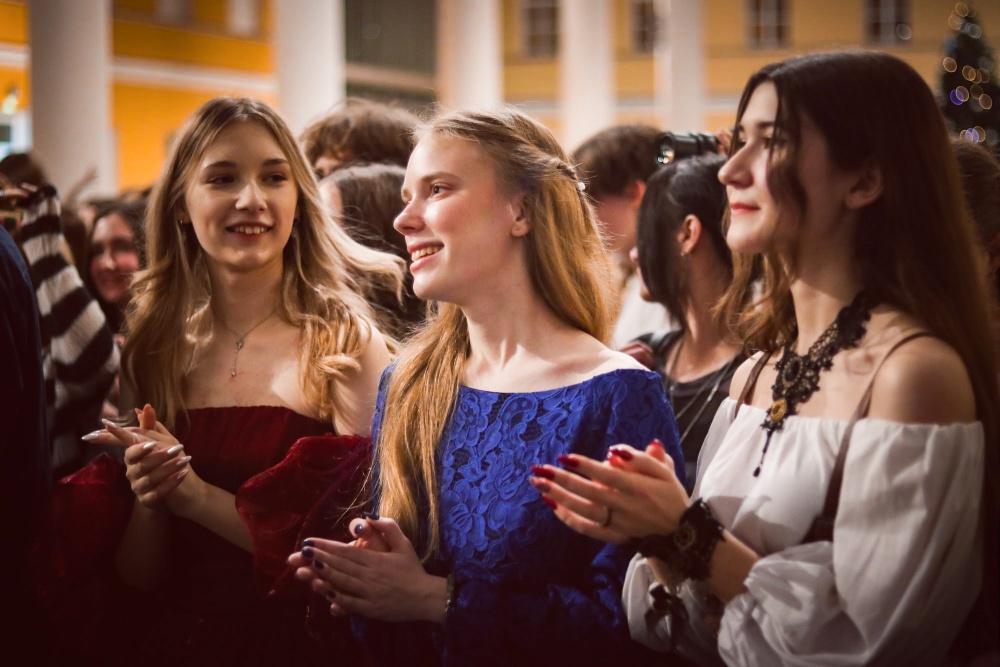
Big Winter Event at HSE Lyceum: The Spirit of New Year and Charity
In December, the HSE Lyceum held the second ever Big Winter Event, a large-scale celebration combining the themes of the New Year and charity. The event was held in all four lyceum buildings, as well as in the atrium of the HSE University building on Pokrovsky Bulvar. There was something for everyone to enjoy—be it an economic biathlon or a chess tournament, debates or quizzes, master classes or karaoke—while keeping in mind those who need a helping hand.
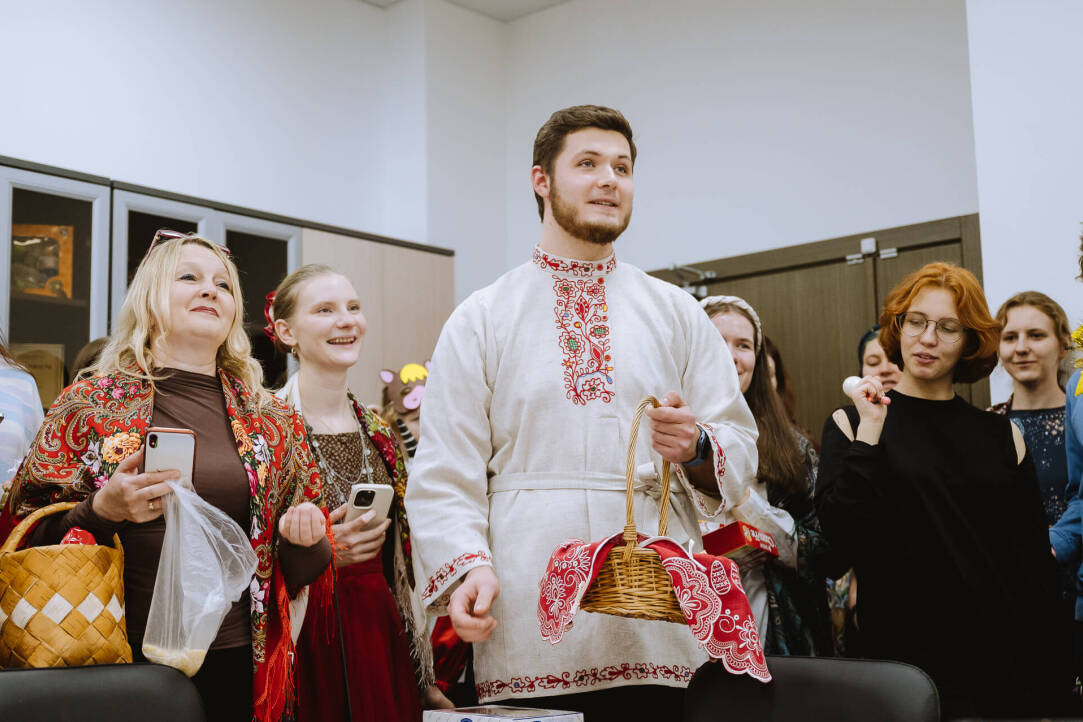
‘We Strive to Become Part of a Living Tradition’: Christmas Festivities at HSE
On January 15, 2025, people dressed in traditional Russian folk costumes and sang carols accompanied by an accordion, rattles, and wooden spoons. The festive event, organised by the HSE Heritage Club at the HSE campus on Pokrovsky Bulvar, was open to everyone, attracting not only students and university staff but also local residents and their children.
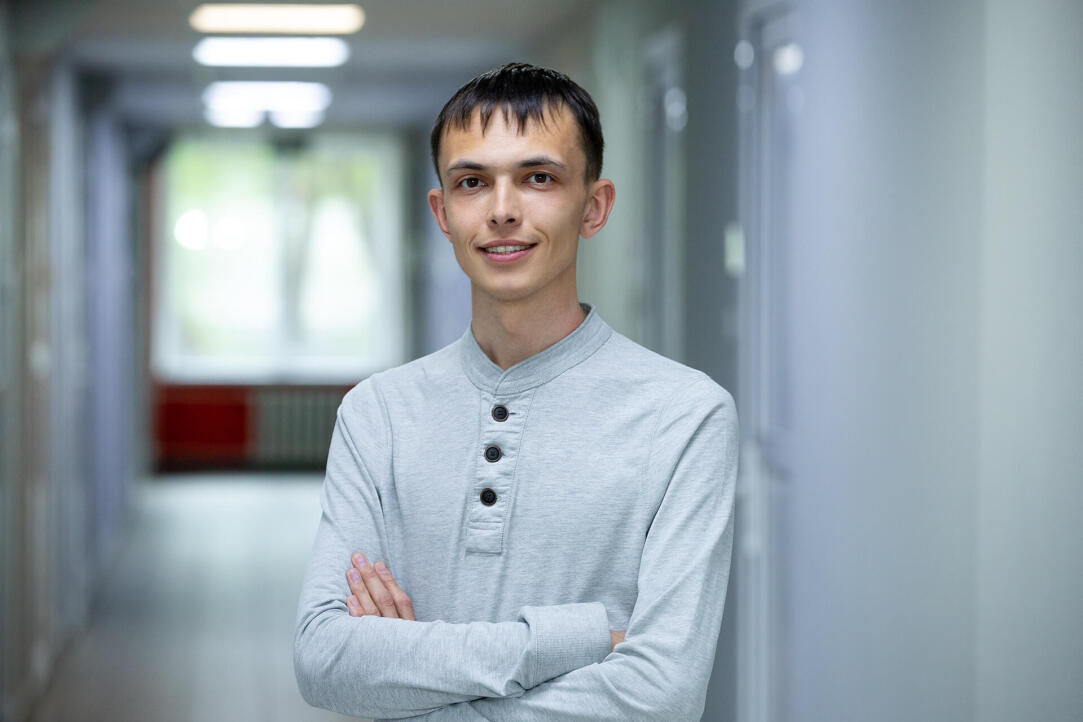
‘In Cherdyn, It Feels Like You Have Reached the Edge of the Earth’
Dmitry Koshcheev began his journey in science back in school, but eventually chose economics and tourism over history. In an interview with the Young Scientists of HSE University project, he shared his experiences of researching the Visim neighbourhood in Perm, tourist clusters, and how he mastered analysing 300 sources a day.
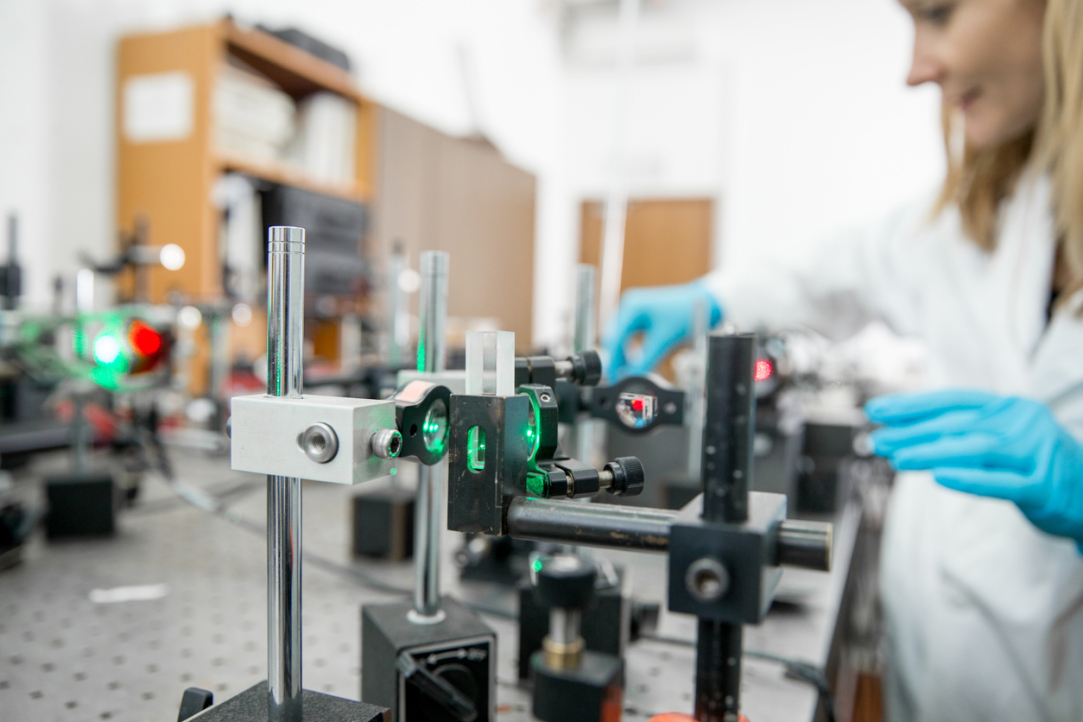
Russian Scientists Integrate Microdisk Laser and Waveguide on a Single Substrate
A group of Russian scientists led by Professor Natalia Kryzhanovskaya at HSE Campus in St Petersburg has been researching microdisk lasers with an active region based on arsenide quantum dots. For the first time, researchers have successfully developed a microdisk laser coupled with an optical waveguide and a photodetector on a single substrate. This design enables the implementation of a basic photonic circuit on the same substrate as the radiation source (microlaser). In the future, this will help speed up data transfer and reduce equipment weight without compromising quality. The study results have been published in Semiconductors.
.jpg)
HSE, University of Delhi, and Geoscan Launch Space Research Project
HSE University and the University of Delhi (India), in partnership with Geoscan (a portfolio company of the Innopraktika non-state development institute), have agreed to establish an international scientific mirror laboratory on data storage, processing, and transmission in space systems. The agreement was signed on January 15, 2025, during a visit to India by an HSE University delegation led by Rector Nikita Anisimov.
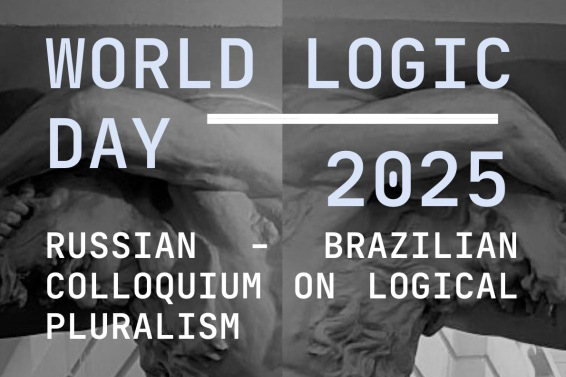
HSE and University of Campinas Celebrate World Logic Day Together
On January 15, 2025, the Russian-Brazilian Colloquium on Logical Pluralism was held at the HSE International Laboratory for Logic, Linguistics and Formal Philosophy to mark World Logic Day. This event was part of the joint project ‘Pluralistic Perspectives on Logic and Formal Philosophy,’ implemented by the laboratory and the Centre for Logic, Epistemology and the History of Science at the University of Campinas (Brazil) under the International Academic Cooperation competition.
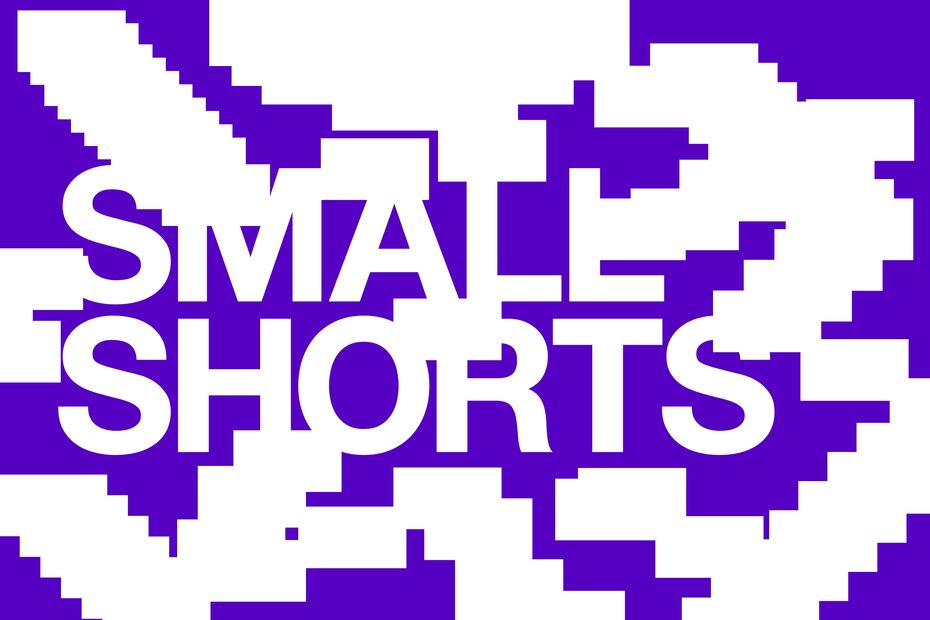
SmallShorts 2025: HSE Art and Design School Welcomes Applications for International Student Festival of Screen Arts
The SmallShorts Festival will be held via the HSE Art and Design School competitive platform as part of the ninth season of the HSE CREATIVE OPEN International Student Award until March 17, 2025. The competition is divided into three categories.
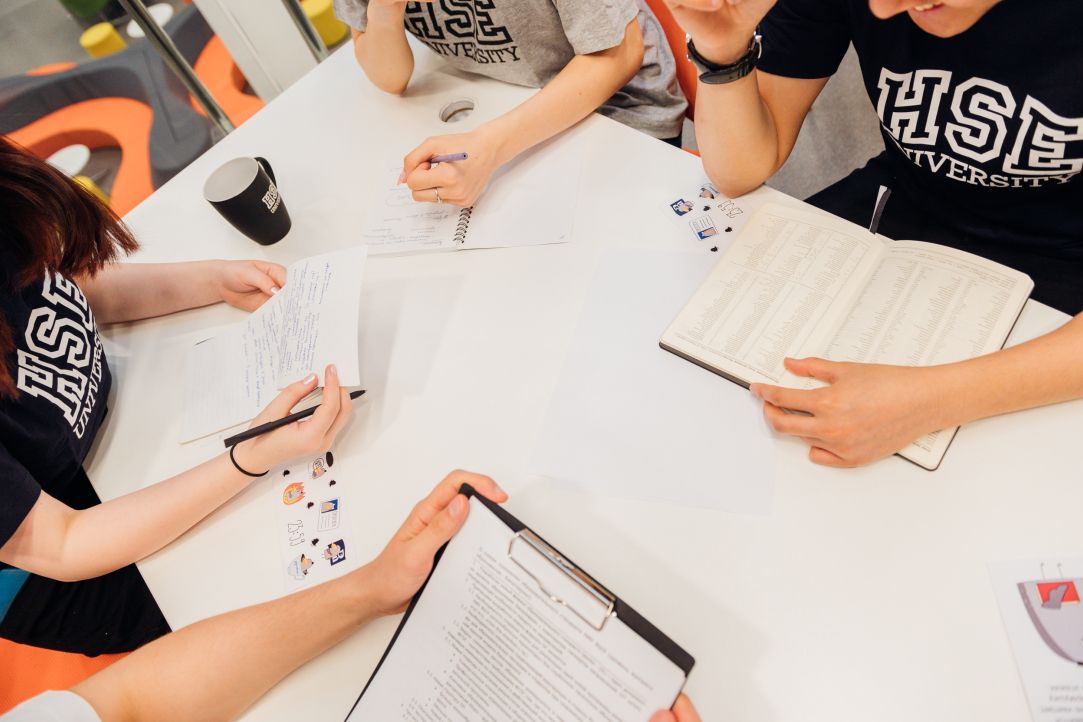
‘People Here Want to Help You When You Are in Need’
David Kuku, from Makurdi (Benue State, Nigeria), is currently studying on the Master’s in Cognitive Sciences and Technologies: From Neuron to Cognition at HSE University in Moscow. In this latest instalment of a series on students’ experiences over the last year and their plans for the future, David told the HSE News Service about coming to the university on a scholarship, the busy life of an international student, and why the most interesting thing about Moscow is the people.
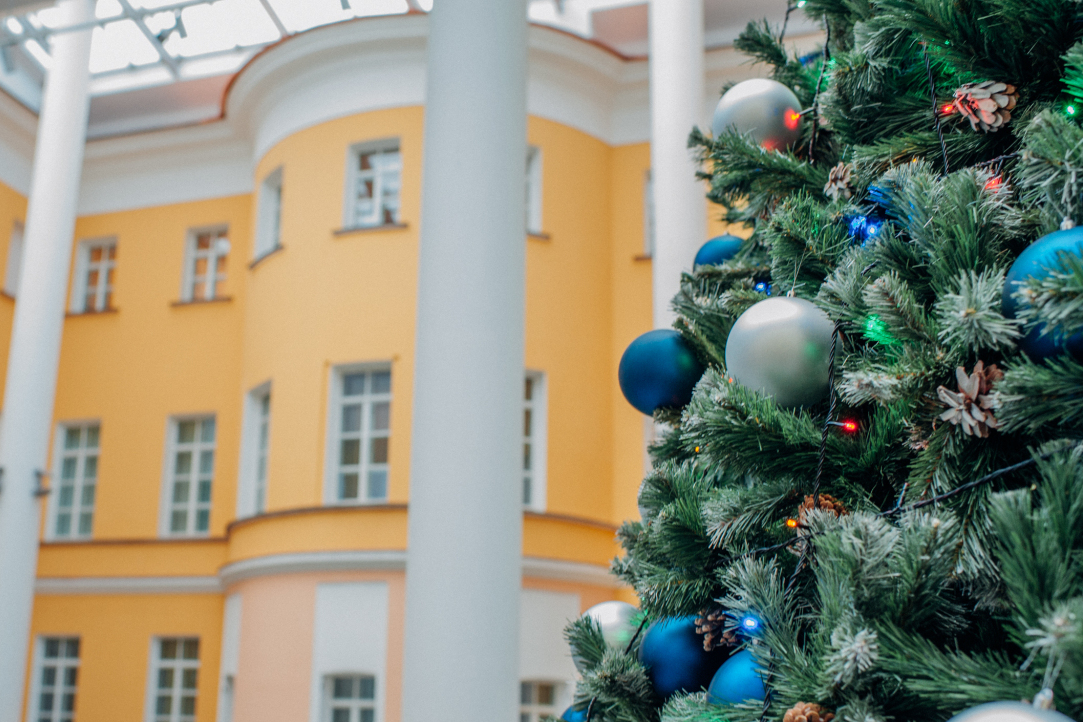
2024 in Review: What Makes it Memorable for Various Divisions of HSE University
The heads of the university's various divisions share the highlights and memorable moments from the past year


Submission Deadline: December 20, 2025